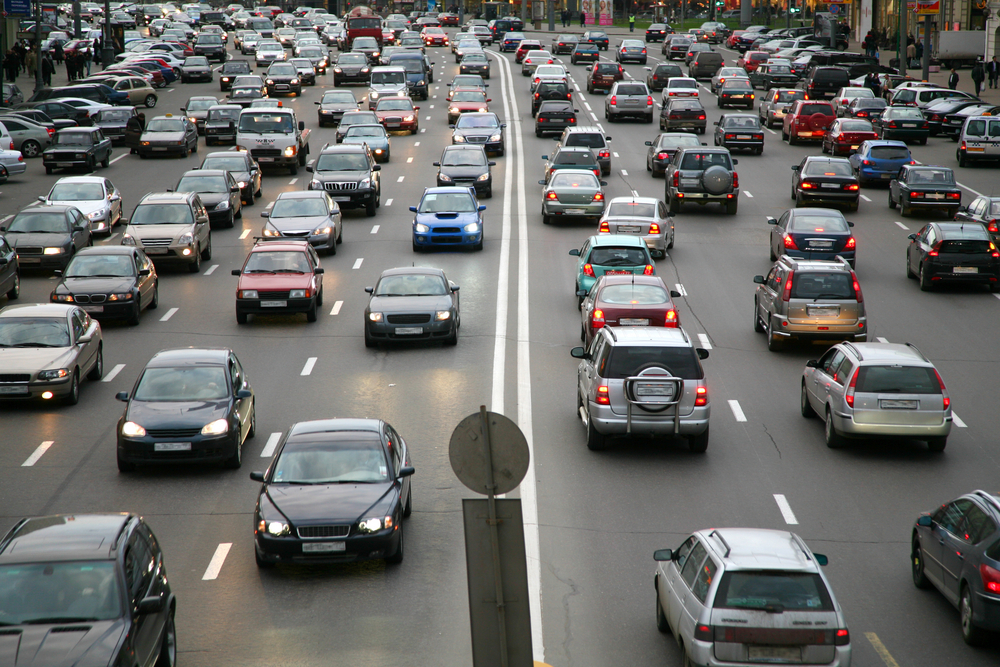Household Bills
Bristol votes to ban diesel cars

Bristol City Council plans to ban diesel cars from entering parts of the city centre in a bid to cut air pollution.
The ban on privately owned diesel vehicles would be introduced alongside a charging zone for non-compliant commercial vehicles such as buses, taxis, HGVs and LGVs. A car scrappage scheme would also be launched.
The city council voted on Tuesday, following a public consultation, to impose a total ban on all privately owned diesel vehicles during the day in the city centre. However, the plans for a “Clean Air Zone” still need approval the government. If approved, the scheme will be introduced in 2021.
Bristol is one of several cities with illegal levels of air pollution from diesel traffic. The city council says the plans will deliver the fastest possible improvement in air quality against targets for nitrogen dioxide (NO2) legal limits.
Further measures for tackling air quality through improving and prioritising public transport options are also suggested, which support the Mayor of Bristol’s pledge to reduce the reliance on cars and increase the number of bus users.
Marvin Rees, mayor of Bristol, said: “These ambitious plans demonstrate our commitment to tackling air pollution so we meet legal limits within the shortest time, without disproportionally affecting citizens on lower incomes which would happen with a blanket approach to charging vehicles.
“Protecting the most vulnerable people from pollution is central to these plans and we have ensured that all impacts have been carefully considered. If approved, mitigation measures will support those most affected, especially those living in the most deprived communities.”
Diesel vehicles breaking the ban, which will be in place between 7am and 3pm each day, will incur fines.
The scheme will be enforced by a number plate recognition system, similar to the one used to police London’s congestion charge.
The city council has agreed a business proposal for the idea, but details of specifics such as how much fines will be, and which categories of vehicles and people might be exempt from the ban, are yet to be decided.